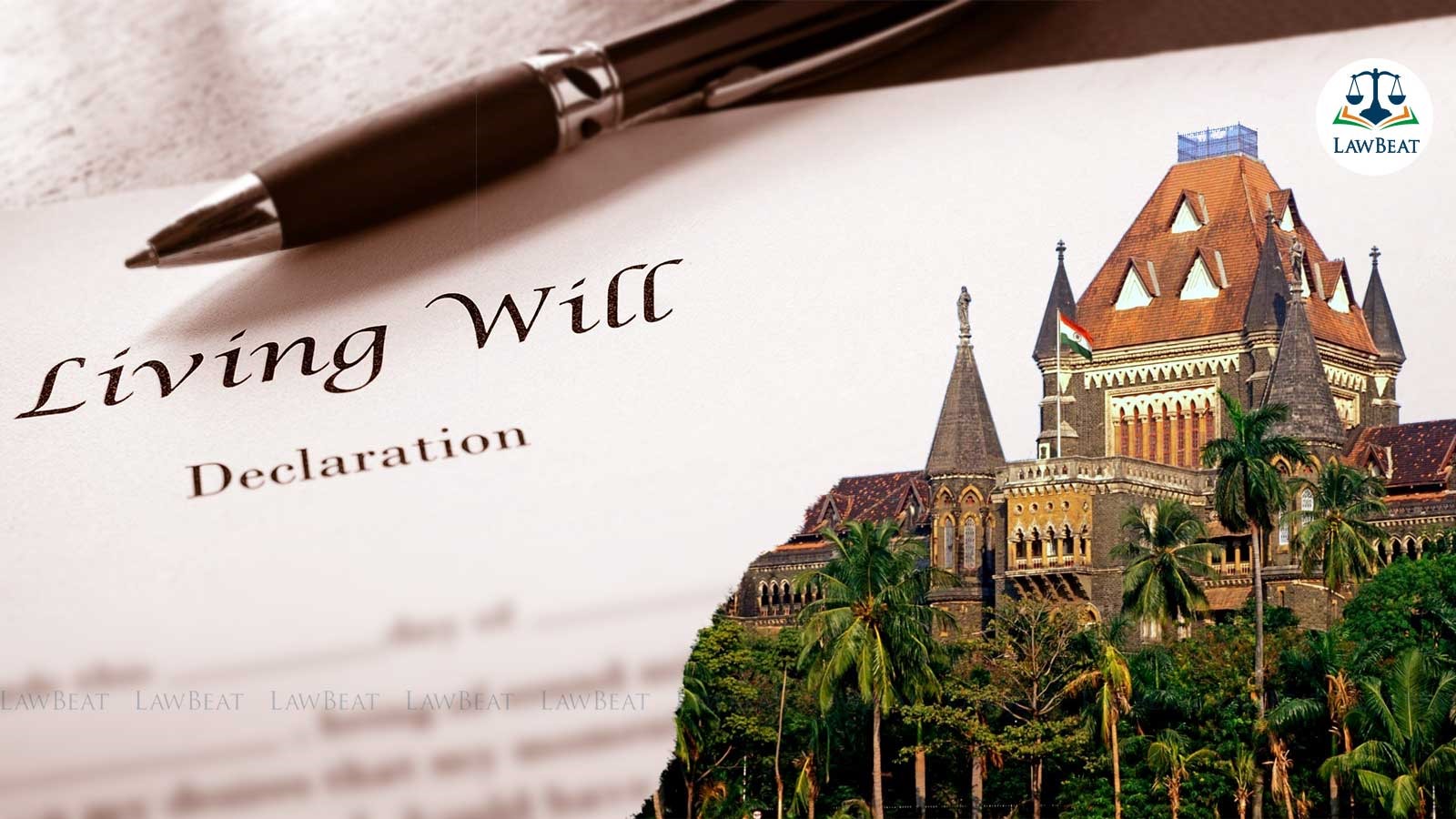Bombay High Court Pulls Up State For Not Having Medical Board In Place To Enforce Living Wills

Petitioner argued that the secondary medical board affirms the opinion of the primary board, after which the will can be executed. He emphasized that without the secondary board, the living cannot be executed
The Bombay High Court on Thursday pulled up the State Government for not having a proper secondary medical board in place for enforcing living wills.
The division bench of the high court comprising Chief Justice Devendra Upadhyaya and Justice Amit Borkar was hearing a PIL filed by Dr. Nikhil D. Datar, a gynecologist, for creation of a mechanism to recognize living wills.
A living will is an advanced healthcare directive documented to communicate a patient's healthcare preferences, such as the use of ventilator machines or life-sustaining equipment, in situations where the patient is unable to convey their wishes to the medical staff.
During the previous hearing, the state government informed the bench that it had appointed custodians of living wills in 29 municipal corporations and 388 city councils and Nagar Panchayats in the state.
Today, during the hearing, the petitioner informed the bench that apart from the primary medical board which gives its opinion on the execution of a living will, the state is also supposed to have a secondary medical board, which includes a registered medical practitioner, which is not in place.
He added that the secondary medical board affirms the opinion of the primary board, after which the will can be executed. He emphasized that without the secondary board, the living cannot be executed.
The bench then pulled up the counsel appearing for the state government and said,
"It is unfortunate that a person has to file a petition to comply with directions of the Supreme Court. Why can't you have a permanent secondary board? Every doctor is registered. You nominate one permanent doctor? Why can't you do this? Why every time you will seek instructions?" the court said.
The petitioner also informed the bench that he visited the custodian to deposit his living will, and when he asked the certifying officer how the will would be retrieved after 20 years, the custodian had no answer.
He informed the bench that similar issues were being faced by other patients who deposited their living wills.
The bench said that the court will examine on the next date about having the infrastructure in place.
The bench also allowed the petitioner to implead the National Medical Commission and the Union Minister of Health and Family Welfare.
